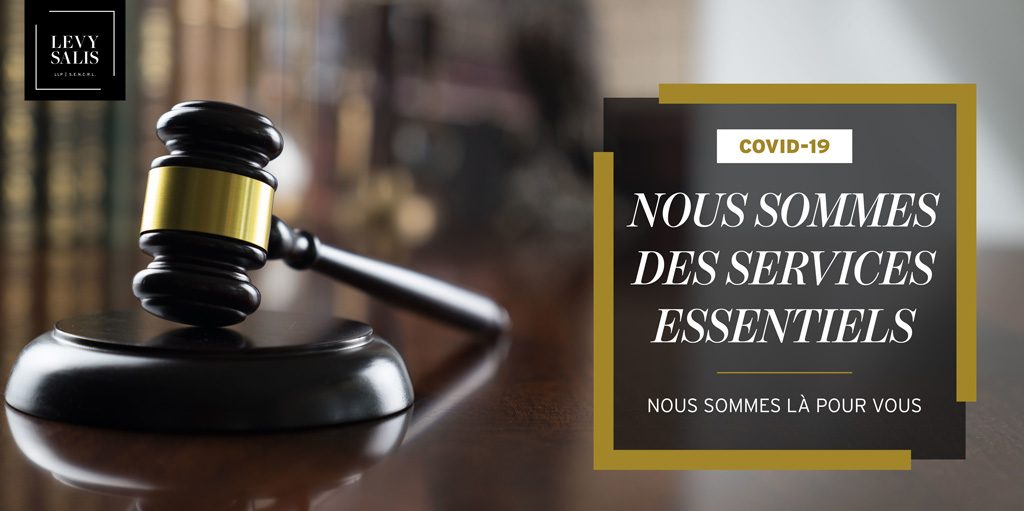Many Canadians who are interested real estate in purchasing a condominium in Florida are unaware of the particularities of the purchase process and the issues relating to the ownership of this type of property. What should you look out for when making an offer to buy a condominium in Florida? What are the issues commonly associated with owning Florida real estate? Here is a checklist that you should refer to if you are contemplating buying a condominium in Florida.
- Find a knowledgeable and experienced realtor
An experienced and knowledgeable realtor can make a world of a difference in the purchase of a property. Realtors with a deep knowledge of the market can alert you to great finds and steer you away from properties governed by troubled condominium associations. An experienced realtor can ensure that a transaction goes smoothly.
- Do your due diligence on the condominium association (COA)
If you are interested in a specific condominium, do your homework on the COA. This includes the following:
- Review the COA’s financial statements to ensure its financial health.
- Inquire into the condominium fees and how often special assessments have been levied to inform yourself on the building’s overall condition.
- You do not want to buy a property only to be required to pay a hefty special assessment to remedy a building’s poor condition.
- Read the COA’s by-laws to get acquainted with the rights of homeowners. There can be restrictions on your ownership, including but not limited to the following:
- Does the COA have to approve you as a condition to buying the property?
- Who can stay in your condominium?
- Can you rent out your condominium?
- What is the purpose of the condominium?
Is the property intended for personal use, to be rented out or both? The ownership of rental real property in the US exposes the owner to considerable liability vis-à-vis tenants and creditors. Although many Canadians joke about the large amounts in damages that some US courts award to plaintiffs for minor injuries, this is not a laughing matter. Should a tenant suffer an injury in your condominium, your liability insurance (if any) may be insufficient to cover the amount in damages that you may be ordered to pay by a US court. In such a case, the tenant can go after your Canadian assets to execute the court judgment. If the intended use of the condominium is to generate rental income, you should consider owning the property through a structure that limits your liability.
In addition to liability, ownership of US rental property subjects you to the requirement to declare your rental income in both the US and Canada. This entails specific tax compliance requirements on both sides of the border. Our team can advise you on tax-efficient structures through which to hold US rental properties.
- Home Inspections
It is recommended that you hire a Florida-certified home inspector to inspect both the unit and the building in which it is located. The Contract for Purchase and Sale should grant the buyers an inspection period. The inspection period clause is a crucial due diligence mechanism. First, the inspection period is an important length of time during which potential issues with a property can be discovered and corrected. Second, buyers may walk away from a purchase without losing their deposit if, based on the home inspector’s findings, backing away from the deal seems necessary.
- Title Insurance and Title Agents
US real estate transactions are contingent on the issuance of title insurance policy to insure the owner against losses arising from defects in title to the property. Should an owner lose a condominium due to a title defect, the title insurance policy will defend against a lawsuit attacking the title, or reimburse the insured for the loss incurred up to the dollar amount of insurance covered by the policy.
In a real estate transaction, the title agent plays a key because it carries out title searches and the requisite work to determine if the conditions for issuing title insurance are satisfied in a given transaction. Picking a title agent is a key decision in a real estate transaction. In some counties such as Palm Beach County, the seller customarily selects and pays for the title agent. The buyer customarily selects and pays for the title agent in other counties such as Broward County. The local custom does not preclude the parties from deciding between themselves who shall designate the title agent. However, whoever selects the title agent is responsible for the costs of a title search and the issuance of title insurance on the property.
The selection of the title agent plays a key role in closing any real estate transaction in Florida. Be mindful of who selects the title agent and which one is selected.
- Incapacity
Should you purchase a Florida condominium property and subsequently become incapacitated, your loved ones will meet considerable obstacles in selling or transferring the property. Incapacity is the loss of a person’s legal capacity to make decisions regarding their care and their property. Under Florida law, a “guardianship” proceeding will need to be undertaken before a Florida court to appoint a “guardian” for the “ward”, the incapacitated individual. The guardian will manage the ward’s personal care and financial affairs.
Unfortunately, Canadian estate planning documents such as powers of attorney and protection mandates are not recognized in Florida. Consequently, should you become incapacitated, the person(s) designated in your Canadian power of attorney or protection mandate will not be able to consent on your behalf to the sale of your Florida condominium. A guardianship proceeding will need to be undertaken in Florida to name a guardian for you. We can prepare the requisite documents and structure to avoid guardianship proceedings should you become incapacitated while owning a Florida condominium.
- Probate
Probate is the legal proceeding that enables the assets in your estate to be distributed to your named beneficiaries. This court process entails the examination of the validity of your will, the appointment of a personal representative, preparing an inventory of your assets, paying all taxes, debts and expenses of your estate and finally, distributing your assets to the named beneficiaries.
This can be an extremely costly process, which can take anywhere between six (6) and eighteen (18) months on average, depending on the court’s backlog and the size of your estate. While your estate is probated, your assets are “frozen”: they cannot be sold, transferred or refinanced until probate is complete.
Although Canadian wills are valid in Florida, they must be probated in order to transfer your Florida property to your named beneficiaries. There are numerous ways of avoiding probate such as holding property through a joint tenancy with right of survivorship or through various types of trusts. However, many that are often recommended have drawbacks. We can prepare the requisite structure through which to avoid probate on your Florida condominium.
- Keep your invoices for improvements!
Should you make capital improvements to your Florida property, it is essential to keep copies of the invoices for these improvements to claim a reduction in the taxable capital gain (if any) that you generate from the future sale of the property. A capital improvement is a change or alteration that enhances the value of the property or increases its useful life.
We have identified a broad checklist for Canadians who are contemplating buying a Florida condominium. Our team has considerable experience in representing Canadians in the purchase of Florida real estate and assisting with real estate purchases elsewhere in the US.
The comments offered in this article are meant to be general in nature and are not intended to provide legal advice regarding any individual situation. Before taking any action involving your individual situation, you should seek legal advice to ensure it is appropriate for your circumstances.
About the author
Shlomi Steve Levy is a Partner of Levy Salis LLP and is a member of the Quebec Bar, the Law Society of Ontario (L3), the Society of Trust and Estate Practitioners, and the Canadian Bar Association.


